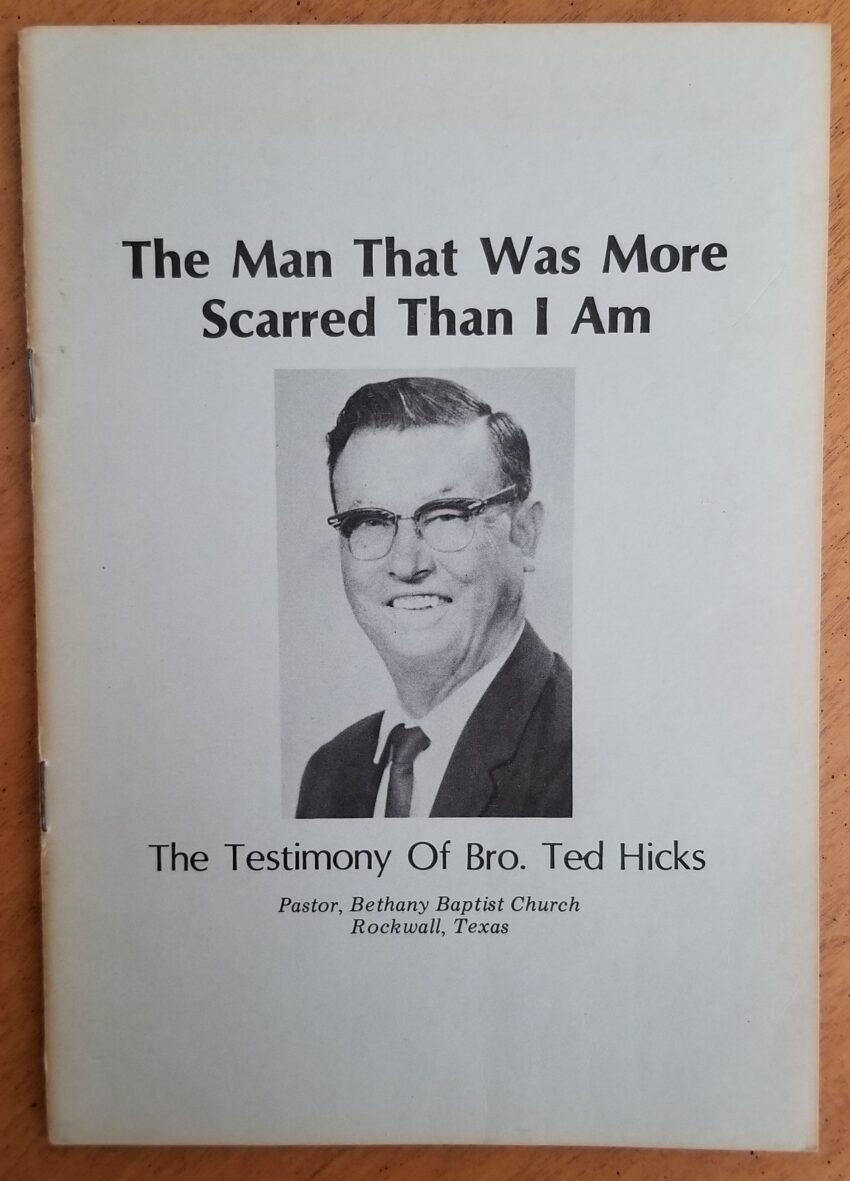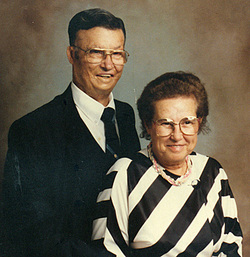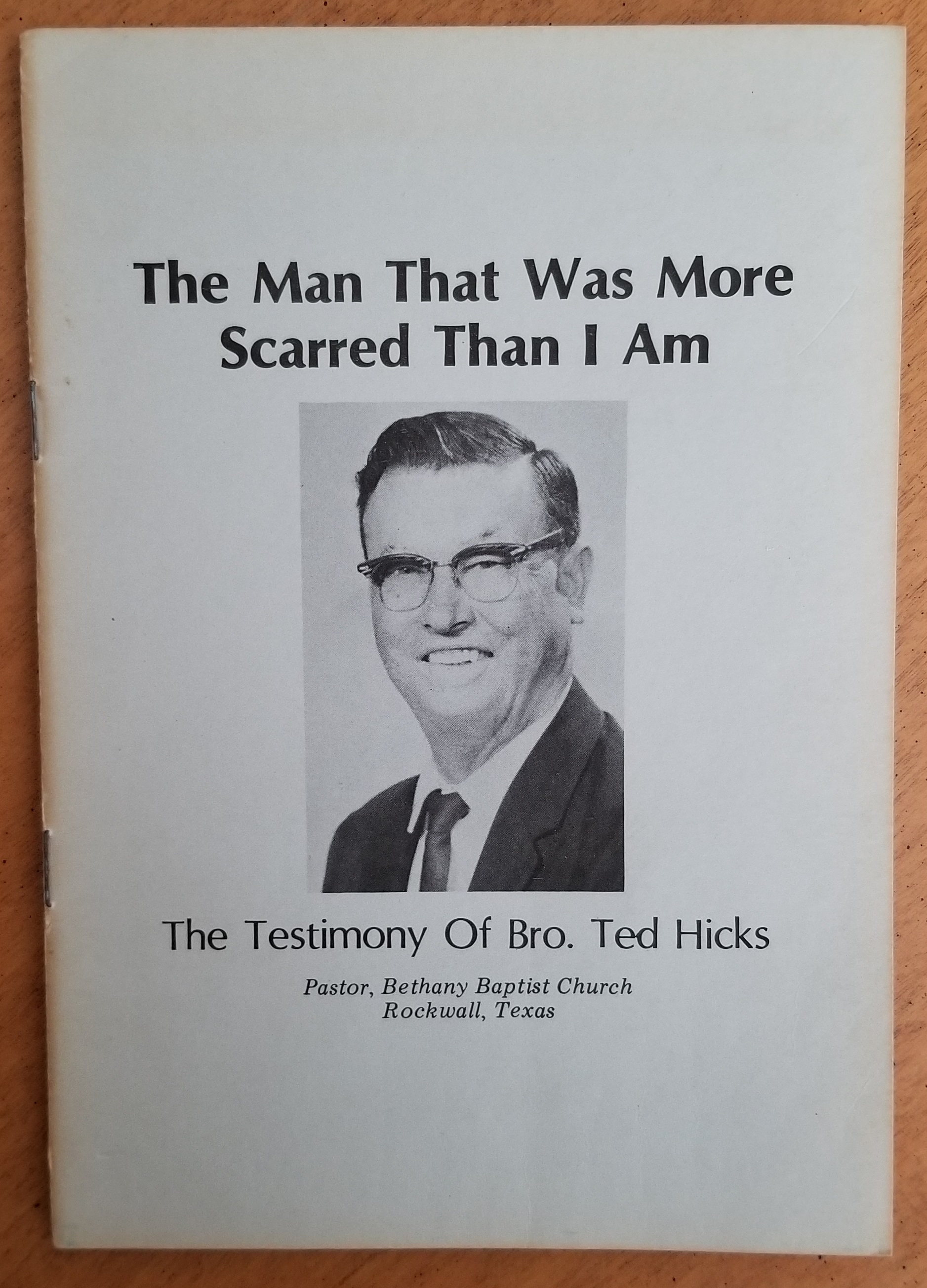Some Through The Fire
Please meet Ellery Theodore Hicks, a man on fire.
It’s 1939 in Paris.
Texas, not France.
America is finally snapping back from its dalliance with disaster. The stock market crash of 1929 is a full ten years past. Historians would recognize 1939 as the final year of The Great Depression. Restlessness is a pungent, elusive aroma hanging over the population like the smell of baking bread. So long in the grip of hardship and hunger, many just taking their first strides into adulthood seek adventure, pleasure, and an escape from the painful constrictions of a harsh existence.
The other Paris, wild at heart
On the surface, Paris, Texas, is a sleepy East Texas town of twenty thousand souls. But there is an element, a rowdy minority comprising the seedy, hush-hush underbelly of the little town with the big name. Maybe it is that name, Paris, the birthplace of the Bohemians, the capital where fashion rules and passion overrules, the city of lights and sensual delights. Perhaps it is that name that stirs the imagination of those desperately seeking a thrill, or meaning, or something to believe.
Besides, Paris, established in 1845 as a town in the Republic of Texas, was born to be wild. Situated as the last post on the Central National Road of Texas, which ran from San Antonio northward to the Red River, Paris became a cattle and farming center. The Railroad came to town in 1876 and the town caught fire, literally, in 1877. It burned again in 1916.
Paris nearly burned to the ground in its second major fire, on March 21, 1916. The fire spread to more than a mile in width, ravaging the city, and reducing 1,439 buildings to smoldering ashes.
A man on fire
From those ashes rose the resilient city that would produce Ellery Theodore “Ted” Hicks. Born March 18, 1917, almost a year to the day after the devastating fire, Ted was himself destined to be a man on fire.
In 1939, Ted was 22 years old, tall, thin, handsome, and smooth. He was married to his sweetheart, the petite, feisty, attractive Sceleta Brown Hicks. They had a small child. The restlessness of the city and the country in general settled into Ted’s bones like a rheumatic ache. He was itching for adventure and, along with a friend he met at work, drank it up double-fisted. Night after night, he stumbled from tavern to gambling hall to the beds of strange women. In a booklet he would publish years later, regarding those days, he wrote, “I became a habitual drunk¦[and] professional gambler, and thief.”[1]
In his lust for adventure and thirst for the high life, Ted all but abandoned his wife and child.
He wrote, “My wife had to go to picking cotton to make a living for her and my child. I was spending everything I could make¦and steal on myself and other women.”[2]
Resisting the pleas of his father and ignoring the plight of his wife and child, Ted plowed ahead into debauchery and reckless abandon until one fateful night when he and his buddy, already sauced and lathered, decided to slip north across the Red River into Oklahoma to scare up more excitement.
Ted’s friend drove a brand new 1939 Chevy. They cut her loose. The speedometer pegged 95 when his inebriated friend lost control. End over end, the car tumbled six times. When it came to rest, it did so on Ted. He was pinned beneath twisted metal, unconscious. Scalding water from a busted radiator hose poured onto his face and body, cooking his flesh.
Ted’s survival was a miracle of what was then modern medicine and the grace of God. When he woke two days after the wreck, his face was swollen to the width of his shoulders. Flesh was burned completely away on parts of his face, chest, and arms. He suffered terribly in the ensuing months and years.
During recovery, he promised God he would preach if God would spare his life.
God spared him.
Despite God’s grace, Ted went back to boozing, gambling, and carousing.
He underwent surgery a year later and repeated his promise only to break it again.
Three times death’s shadow passed over him and each time he promised, “This time I mean it, Lord.”
The fourth time was not a physical crisis, but a spiritual one. He wrote, “One day, I was seated in my office and I thought I was going to die. God didn’t with an audible voice speak to me, but he made me remember those three times that I had lied to him and I thought definitely that I would die before the day ended.”
It would take years to mend his wounded relationship with Sceleta. When he first announced his intent to preach, she responded, “I don’t have any confidence in you. If you are going to start preaching, you will have to do it without me.”



